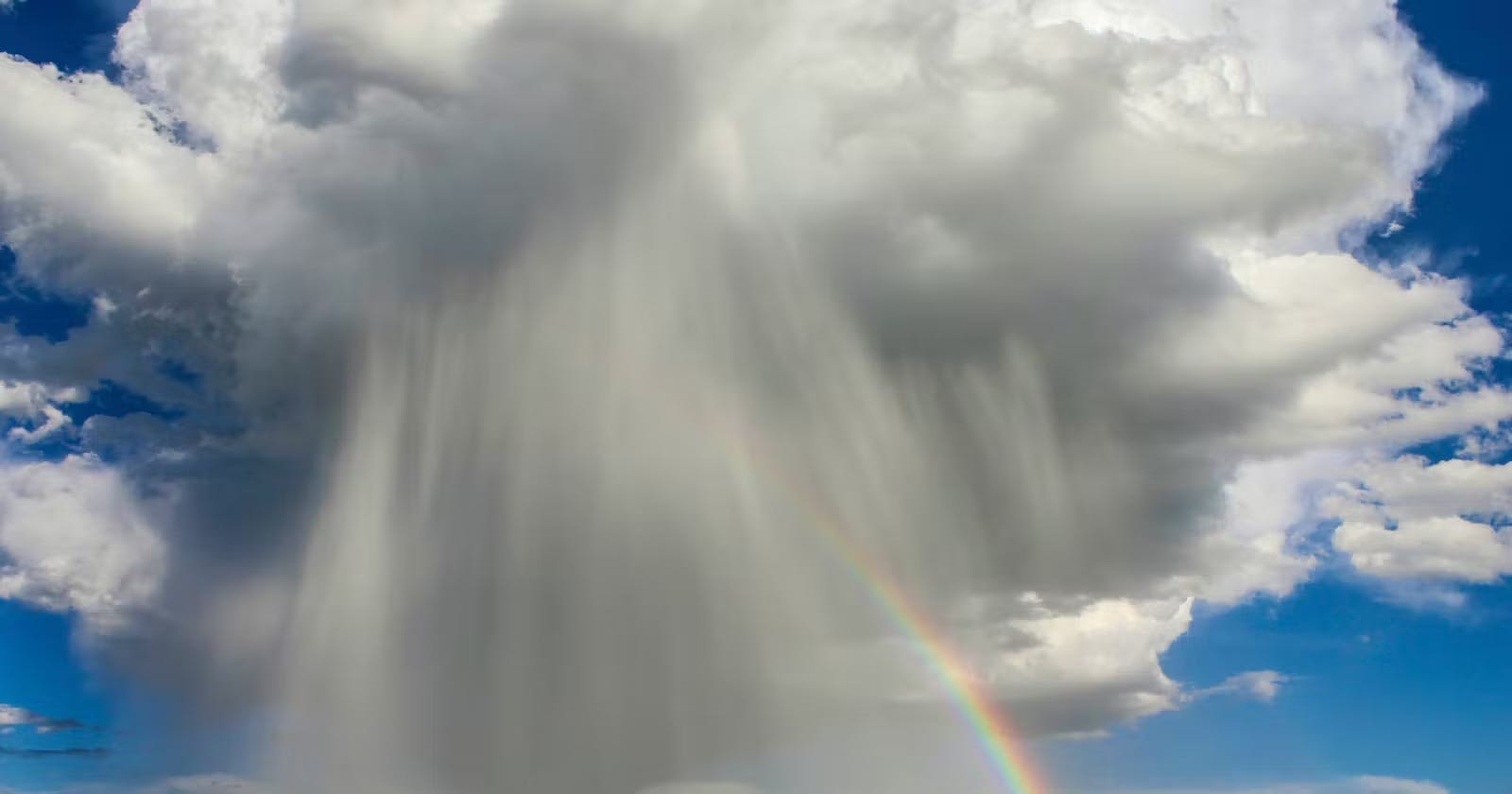Weather is the state of the atmosphere at a given time and place. It is the state of the atmosphere, that affects or influences organisms and abiotic components. The weather is what we see outside our window, what we feel on our skin, and what we experience in our day-to-day lives. Scientifically speaking weather is the state of the atmosphere in terms of temperature, humidity, wind, and precipitation. It is a natural phenomenon that can be unpredictable at times. Weather is considered a short-term phenomenon that varies spatially and temporally which means it changes from place to place at different times.
Weather influences, and in turn is influenced by several human activities. Weather is significant for humans because it regulates food production, the environment, personal comfort and safety.
"Weather is the state of the earth's atmosphere with respect to temperature, humidity, precipitation, visibility, cloudiness, and other factors. Climate refers to the average long-term meteorological conditions of a place or region."
from American Practical Navigator by Nathaniel Bowditch, United States. Hydrographic Office U.S. Government Printing Office, 1962
Climate
Climate is the average weather conditions in a particular region over a long period of time. It is usually measured by temperature, precipitation, and wind patterns. Or simply defined as the long-term weather patterns in a region. The climate of Earth can be classified into five major types: tropical, arid (desert), temperate, polar, and alpine. Climate is the long-term weather patterns in a region. It is important to understand the climate of a place before you visit it. You can find out about the climate of a place by looking at its average temperature and rainfall patterns, as well as its seasonal variations. The climate of a region can change over time due to natural causes or human activities.
"Climate refers to the statistical distribution of meteorological phenomena such as temperature, humidity, wind, and precipitation in a given region over many years (while weather refers to the configuration of these conditions on a time scale of hours or days)."
from The Physics of Energy by Robert L. Jaffe, Washington Taylor Cambridge University Press, 2018
Climate change
Climate change is the change in global climate patterns. The impacts of climate change are wide-ranging and include rising sea levels, warmer oceans, and more frequent severe weather events. The Earth’s climate has changed many times throughout its history. The most recent change was about 10,000 years ago when Earth went from being in an ice age to be warmer and wetter. This warming was caused by changes in sunlight that reached Earth due to changes in Earth’s orbit around the sun. The Earth has already seen a 1-degree Celsius increase in average temperature since 1880, and it is projected to rise by another 2 degrees Celsius by 2100. Climate change will have an impact on people’s lives around the world in many ways, including how we work, where we live, what we eat and how much energy we consume. The Earth’s climate is changing because of human activities such as the burning of fossil fuels, deforestation and changing land cover patterns. These are causing greenhouse gas emissions that trap more heat within the atmosphere and create a warmer climate for the planet.
Understanding the weather and climate will lead to garnering information as to the causes of climate change and ways to combat the menace.
Orginally published in Chakravarty, P. (December 5, 2022). Did you know the difference between Weather and Climate? Jalvayu: Environment and Climate Talk. https://jalvayu.hashnode.dev/did-you-know-the-difference-between-weather-and-climate
Visit the official website of Global Climate Association for more interesting information on climate science and literacy tools and initiatives https://globalclimateassociation.org/.
